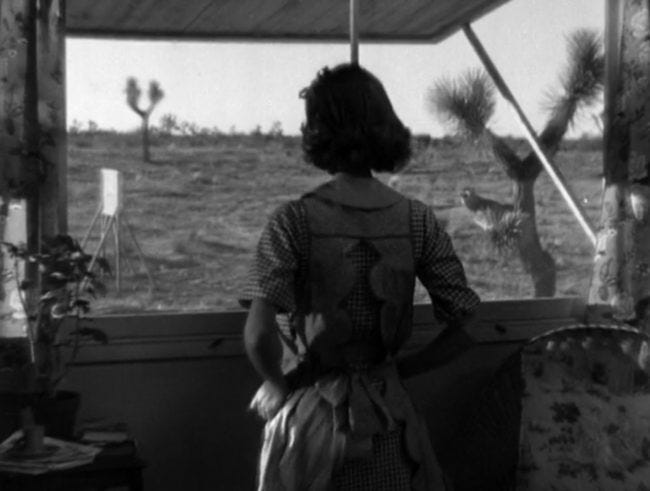Diary: (2) Geoffrey O‘Brien, Arabian Nights, 1934
Illustration from Arabian Nights, 1934. Still from Heat Lightning (1934)
Read Part One of this post here
The movie is beginning. I am elsewhere, I am empty, I am myself. The other world begins here and glides toward distant glimmering cities. Unimaginable outposts, dark wharves, dim glow of lamps in Chinatown alleys, the tinkling of bells at dusk. Vast packed music halls. The images of things imported from far away by rails, by gangplanks, airships, systems of pulleys, cunning strands of cable. A murmuring from across oceans of French accordion songs, bearded Russian philosophers, Spanish dancers in black lace with castanets. And the wild places beyond any city, armed encampments, appalling wonders of glaciers and limestone caverns. Are they looking at these scenes in such places? Do the inhabitants of the rubber plantations and prospectors’ camps look up and see their world on the screen? Do fallen women and gangsters watch movies of fallen women and gangsters, do bankers and countesses see themselves reflected? Everybody can see everything in the dark.
Keep reading with a 7-day free trial
Subscribe to Book Post to keep reading this post and get 7 days of free access to the full post archives.




